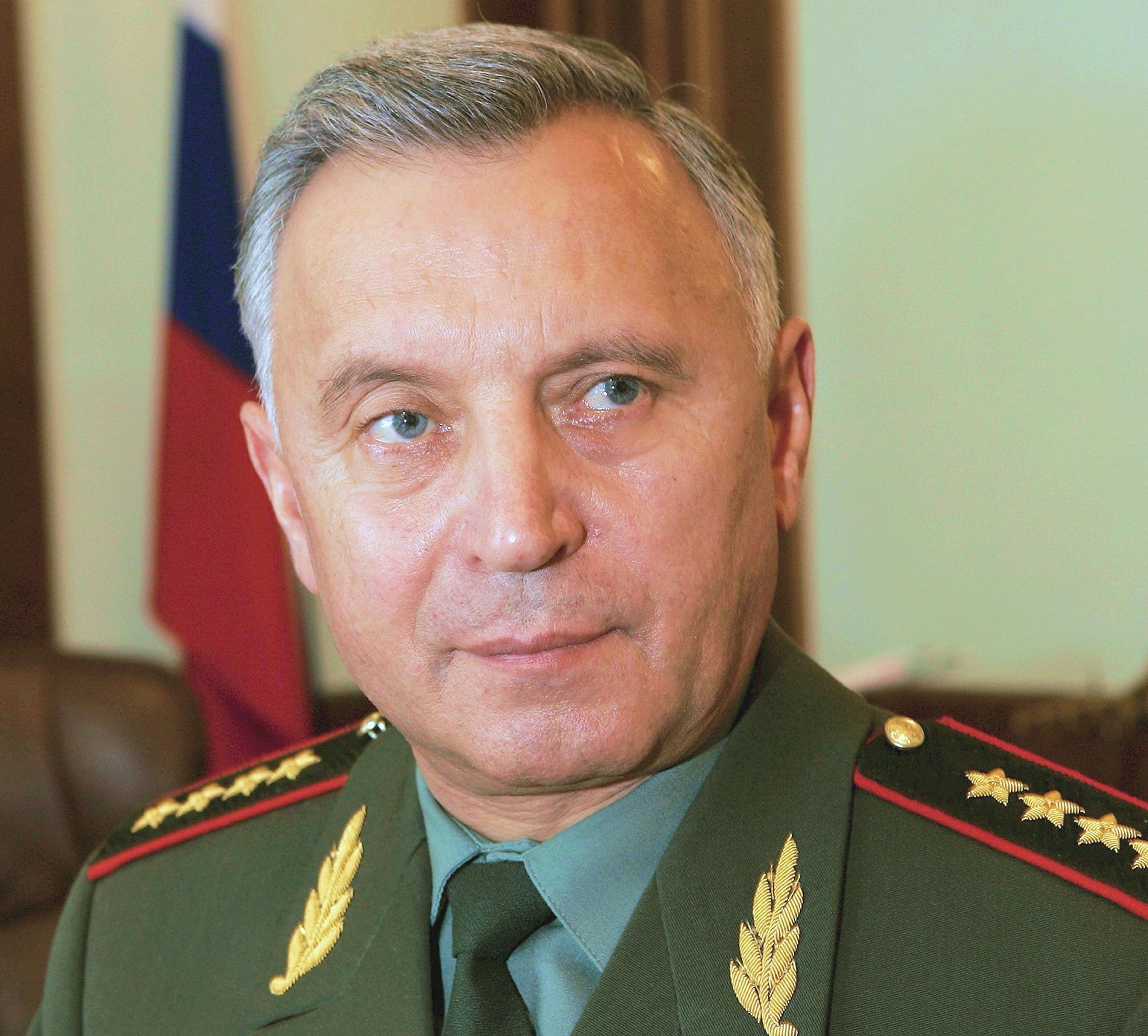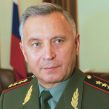
Russian Military Quietly Adopts Network-Centric Warfare
Publication: Eurasia Daily Monitor Volume: 7 Issue: 41
By:

Controversy returned to the Russian Chief of the General Staff and First Deputy Defense Minister, Army-General Nikolai Makarov, following an interview on February 25, during which he seemed to signal a policy reversal on the issue of further developing contract personnel numbers (Kommersant, Russia Today, Interfax, February 25). Makarov pointedly asserted, “We are not going to switch to contract service. Too many mistakes have been made, while the task of building a professional army has not been fulfilled. So the decision was made that conscript service will remain in the armed forces,” adding that, “We are increasing conscription and cutting down the contract component. We have realized that contract servicemen must be trained using new methods.” Sensationalist interpretations of his comments were offered, among others, by Gazeta.ru, which claimed that he was in effect “tearing up contracts” (www.gazeta.ru, February 26). Moreover, some critics suggested that his plans contradicted part of the new military doctrine signed by President Dimity Medvedev on February 5.
Nevertheless, Makarov was actually simply highlighting that for the time being the possibility of using kontraktniki as the basis of the armed forces is unrealistic. This reflects the awareness that the future backbone of the line units will be the new professional non-commissioned officers (NCO’s), trained in courses lasting two years and ten months at Ryazan, and these will not serve in units in any meaningful numbers until 2013-2015 at the earliest. Equally, had Makarov fallen into the trap of advocating professionalizing the force structure and abandoning conscription, his critics would have denounced him for promoting unaffordable plans.
Yet, curiously, General Makarov explained earlier that the armed forces are making an even more remarkable transition. In the context of the continued reform of the system of military education, he said that current military graduates have not been instructed on the principles of network-centric warfare. He noted that this was being urgently corrected, despite no declaratory element in the reform agenda clearly referring to this aim. Makarov said that the General Staff Academy is currently running courses for brigade commanders in which the principles of network-centric warfare are being taught. This will be expanded, in turn, to include all serving officers (www.gazeta.ru, February 22).
The delayed plan to relocate the Navy headquarters from Moscow to St. Petersburg was also rationalized in precisely these terms. That initiative partly reflected the capital being overburdened by army and naval organizations. However, it also related to the adoption of network-centric capabilities. Introducing a unified telecommunications network that connects disparate staffs and intelligence assets, as well as the means of attack, will permit command centers to be located thousands of kilometers from the General Staff and military units. Makarov specified the new tactical level Sozvezdiye (Constellation) command and control system; undergoing its final development work, which will be introduced within the ground forces in November 2010 (Rossiyskaya Gazeta, February 22).
Despite, Makarov seeming to contradict the military doctrine on the system of manning and apparently advocating lowering the numbers of contract personnel in favor of conscripts, his remarks in relation to network-centric warfare are entirely consistent with it. It is important to highlight that when the current military reform was first announced by President Medvedev in September 2008, and outlined by Defense Minister Anatoliy Serdyukov on October 14, 2008, it contained no reference to the intention of adopting network-centric capabilities. It is likely that this silence was based on the far-reaching political implications linked to pursuing such an approach. However, while the doctrine recognizes the trend toward this type of warfare among foreign militaries, in the part that specifies the future priorities of re-equipping the Russian armed forces, the intention is made abundantly clear:
“to create basic information management systems and integrate them with the systems for command and control of weapons and the automation systems of command and control organs at the strategic, operational-strategic, operational, operational-tactical, and tactical levels” (www.kremlin.ru, February 5).
Such ambitious developments are not without its skeptics and critics. Viktor Litovkin, for instance, writing recently in Nezavisimoye Voyennoye Obozreniye, noted that Russian communications systems were a major weakness in the Russia-Georgia war in August 2008. Although he appeared to underestimate how this featured in the operational “lessons learned” from the campaign, as well as how this influenced subsequent thinking and planning in the defense ministry and the General Staff, he rightly identified the recurrence of those problems during operational-strategic exercises staged in 2009. Yet, he did take seriously the comments by General Makarov on introducing network-centric warfare capabilities (Nezavisimoye Voyennoye Obozreniye, February 22).
Significantly, this is not simply about providing an outward display of progress toward modernization, since Makarov’s remarks confirm shifts in the priorities of officer training. The architects of the current reform identified that during periods of reform in Russian history, despite the problems existing within society, ways were found to overcome such challenges: particularly during the reforms of Peter the Great that succeeded in setting a new standard in the imperial Russian army despite this occurring within an agrarian society with a small population compared to the other great powers. This was achieved by drawing on foreign experience and adapting it to the Russian setting: Colonel (retired) Vitaliy Shlykov recently highlighted that Serdyukov has followed such an approach, and in doing so he has overcome the traditional Russian reluctance to utilize foreign experience (Voyenno Promyshlennyy Kuryer, February 19).
This explains how the reforms to date have made such progress, though these have largely entailed administrative tasks as the force structure has made the transition to permanent readiness brigades. Yet, the long-term challenges, especially linked to revolutionizing its approach toward warfare and training a new generation of officers and NCO’s to support this strategy, will also depend on the ability of the defense ministry and General Staff to absorb and use foreign experience. At a political level, by adopting network-centric warfare capabilities, Russia is massively widening the already existing gap between its own conventional power and that of its former Soviet neighbors. If it succeeds, domestic political aspirations to elongate the durability of Russian power within the former Soviet Union will appear more realistic.<iframe src=’https://www.jamestown.org/jamestown.org/inner_menu.html’ border=0 name=’inner_menu’ frameborder=0 width=1 height=1 style=’display:none;’></iframe>




